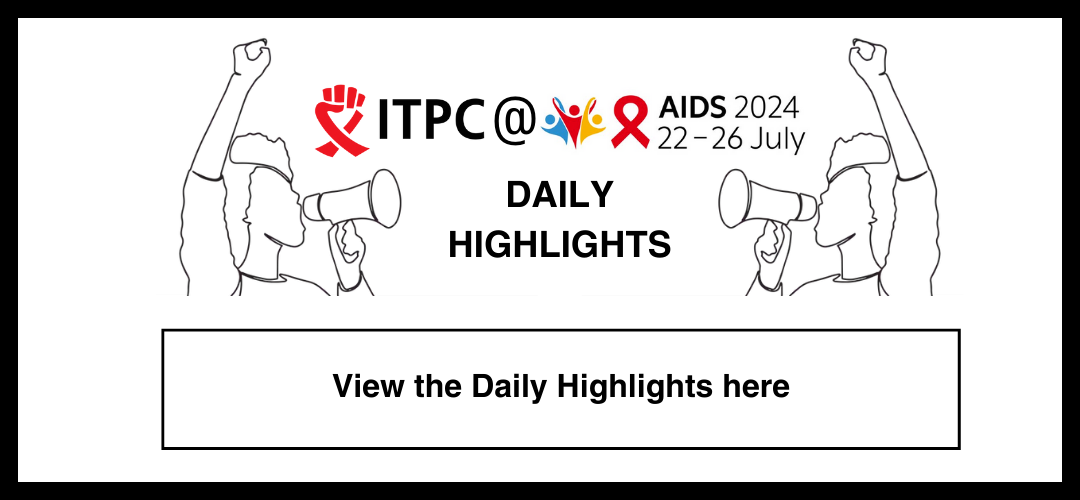As a platform to scaling up HIV treatment, the recently concluded 17th ICASA conference was a buzz with themes, presentations and discussions aimed at asking and seeking answers to the question – how does Africa get to UNAIDS’ ‘zeros’ especially to ‘Zero New Infections and Zero Deaths’?
Various sessions in the conference seemed to suggest the thinking that if Africans can start treatment earlier as proposed in the 2013 WHO treatment guidelines, chances of approaching zero new infections based on the preventative benefits of treatment would be a reality. The logical questions around how and who to finance this paradigm then follow. In addition, and from a reflective angle, other futuristic questions to consider would perhaps be ‐ is this the beginning of pushing for the test and treat agenda in Africa? Are waters being tested to prepare for test and treat pronouncements in treatment guidelines in the very near future? What strategies exist to ensure those that will present late actually get ahead of the queue and access treatment without much further delay? While we have evidence showing early treatment has benefits, at what scale do we need to see this happen? There seems to be more questions to this new guideline that may not have answers until we jump into unchartered waters.
One undisputed resource that ICASA identified to make the ’zeros’ dream a reality is the involvement of communities in the implementation of the new treatment guidelines.Various community groups come up with the ‘how to’ implementing the guidelines.What is still begging is a discussion on how to support communities to be part of the guideline implementation and what commitments exist to provide this support. There isn’t much of expression of interest and an appetite for global players to support communities thus far, let alone there being plans to have African governments develop policies and strategies to include and support communities in the implementation of the new guidelines.
The conference seemed to illuminate a new awakening in the continent – the sudden realization that quality of life is more important than just being alive. Demanding for quality treatment through the provision of optimal regimens seems to be taking root especially amongst activist groups as demonstrated by AFROCAB activists in support of their Nigerian comrades against a government approved company distributing non ‐ WHO prequalified ARV. Entities with commercial interests seem to be entering the market to provide poor quality medicines through corrupt deals with the custodian of the peoples of various African countries. While this should be discouraged, the purists in the pharmaceutical industry want to take advantage and push the ‘fight the fakes’ agenda using global agencies thus threatening access to genuine life saving generics. Activist clearly made the point that quality should not be compromised while at the same time protecting completion that promotes price reduction and access to safe efficacious generic ARV.
But we still battle with the scourge of stockouts! When will it end? Who or what really is the problem? It is well known that some of these stockouts are due to poor leadership, bad management, weak procurement and supply systems etc. But it probably could also be artificially manufactured by the powers that be with external influence purely for commercial gain. Whatever the reason, those advocating for getting to ‘zero new infections and zero deaths’ can continue dreaming if the issue of stockouts is not critically looked into at local, regional and global level.
Every discussion in most sessions highlighted the fact that the cost of delivering treatment is and will remain a challenge. Debates on what are the most innovative ways to finance treatment delivery persist with little interests on remaining focused on commitments by donor and African governments.
So there was and still is much to reflect on. The worry is what will these reflections translate to! Or will the 17th ICASA Conference be yet another multimillion dollar talk shop that will not change the life of the ordinary African person living with HIV!
Bactrin Killingo
Senior Treatment Knowledge Officer ITPC
Co ‐ Chair AFROCAB
Reflections from the 2013 ICASA Conference in Cape Town South Africa
Posted on
by
